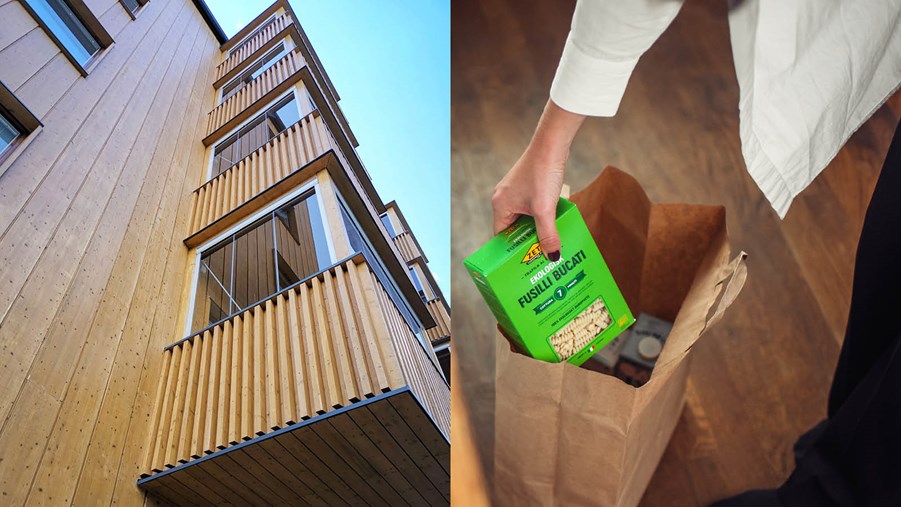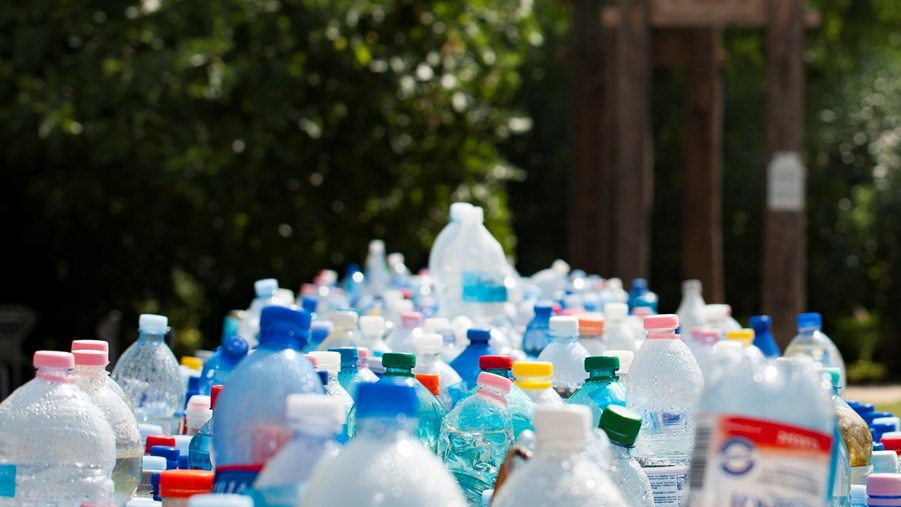
On October 24th, the EU Parliament’s Committee on the Environment (ENVI) adopted a position on the Packaging and Packaging Waste Regulation. The Swedish Forest Industries Federation (SFIF) welcomes many parts of the position, but there are some challenging sections that will be crucial to improve as work on defining the regulation continues.
“Recyclability and re-use of packaging are complementary solutions. The proposal of 40% empty space ration is a measure to improve packaging, but to exempt reusable packaging from this obligation is unreasonable. This risks incentivising reusable packaging that is unfit for purpose. The void space targets should be valid for all packaging regardless of whether packaging is for single or reuse,” says Kai-Yee Thim, Director Product Policy at SFIF.
SFIF welcomes that the circularity of fibre-based packaging is recognised in parts of the position, since paper and board is the most recycled packaging material in Europe. The paper for recycling is used for a variety of products, such as paper products including packaging.
“It’s therefore crucial to differentiate product and material loops. Recyclability should not be linked to closed product loop requirements but with the quality of recycled materials and their potential to substitute primary raw materials. Our industry already has an established market for secondary materials. I very much hope to see improvements to several of the definitions in future negotiations,” says Thim.
The Issue will now go to a plenary vote in November.
ENVI has also adopted a position on a Union certification framework for carbon removals. SFIF welcomes the position, and in particular the inclusion of products that store carbon and technologies for carbon capture and storage from biomass.
“Our forests are one of the most important solutions to addressing the effects of climate change as they provide vital carbons sinks that absorb and store large quantities of carbon dioxide. In addition, they supply renewable and recyclable raw materials to substitute fossil resources,” says Magnus Berg, Director of Public Affairs SFIF.
SFIF welcomes ENVI’s proposal that products that store carbon and technologies for carbon capture and storage from biomass will be included in the certification framework.
“It’s crucial that the total climate benefit from the bioeconomy and from forestry is recognised. While climate mitigation needs to focus on replacing fossil products with biobased alternatives, storage of carbon in wood-based products and technologies for carbon capture and storage from biomass will also be important tools to combat climate change,” says Berg.
While SFIF supports the ambition to include carbon storage in products, it believes that there are several points that could be improved to make the legislation easier to implement. The current text contains far-reaching demands on how to quantify and guarantee the permanency of carbon farming and carbon storage in products, which need amendment before they are adopted in plenary in November.


